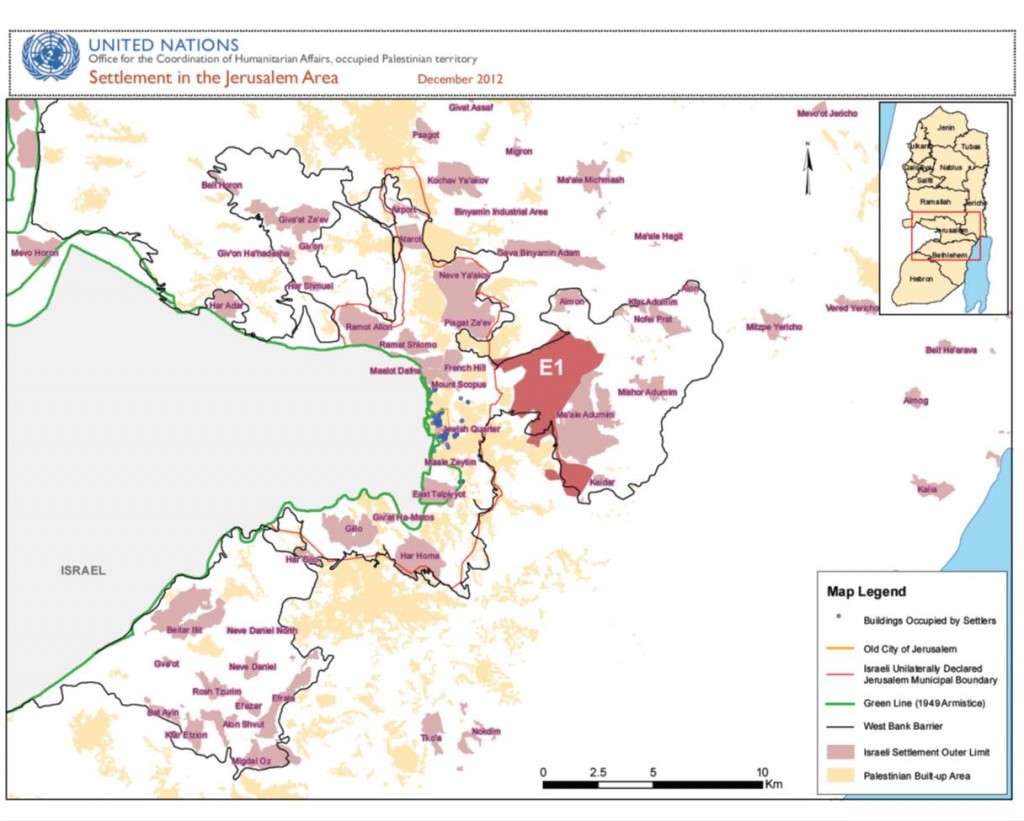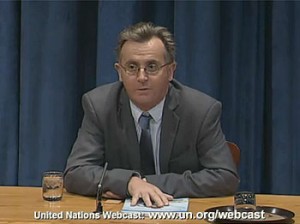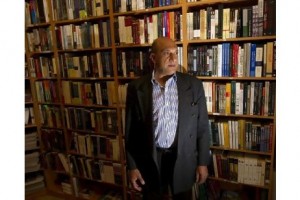A UN report by the Office for the Coordination of Humanitarian Affairs was released in December that focuses on key humanitarian issues in Jerusalem, including:
– Around 293,000 Palestinians currently reside in East Jerusalem, in addition to 200,000 Israeli settlers who reside in the settlements which have been constructed and expanded since 1967, contrary to international law (end of 2011, ICBS).
– Approximately 4 million Palestinians from the remainder of the occupied Palestinian territory (oPt) are prohibited from entering East Jerusalem without Israeli-issued permits, which are difficult to obtain.
– Access to East Jerusalem is controlled by a combination of physical and administrative obstacles. Palestinians who are able to obtain permits can only use four of the 16 checkpoints along the Barrier.
– Palestinian residents of East Jerusalem lack a secure legal residency status. Between 1967 and mid-2010, around 14,000 Palestinians had their Jerusalem residency revoked by the Israeli authorities.
– Approximately 55,000 Palestinian residents of East Jerusalem are physically separated from the urban centre by the Barrier; they must cross crowded checkpoints to access health, education and other services to which they are entitled as residents of Jerusalem.
– 35% of land in East Jerusalem has been confiscated for Israeli settlement use; only 13% of East Jerusalem is zoned for Palestinian construction, much of which is already built-up.
– At least 33% of all Palestinian homes in East Jerusalem lack Israeli-issued building permits, which are difficult to obtain, potentially placing at least 93,100 residents at risk of displacement, which has a psychological impact. Since 1967, the Israeli authorities have demolished some 2,000 houses in East Jerusalem.
– There is a chronic shortage of classrooms in East Jerusalem: 1,100 additional classrooms are required to accommodate Palestinian children and many existing facilities are substandard or unsuitable.



